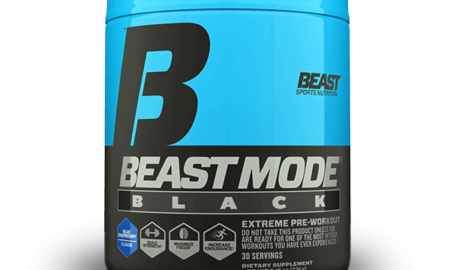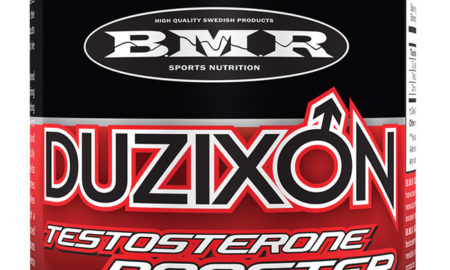Q: I’m over 50 and have no energy. My doctor says I have low testosterone. I’ve seen commercials for testosterone-replacement therapy. Is that a treatment I should consider?
A: Hold on there, tiger! Testosterone-replacement therapy, or TRT, is a lifelong commitment. When you start using those drugs, your testicles will reduce their production; if you stop using them, you may be worse off than you were before. The result is often depression, lack of motivation and loss of sex drive.
Consider that there can be many reasons for low testosterone. Men’s testosterone levels have been declining steadily since the ’70s—even young people have much lower testosterone than the previous generations. Among the possible reasons are poor diet and environmental factors such as toxins and possibly excessive cell phone use.
If you’re one of the estimated 13 million American men who are considered candidates for TRT, you need to listen to Nelson Vergel. A chemical engineer from Venezuela, Vergel contracted HIV in 1983 and since then has been studying the use of testosterone to help prevent muscle wasting (which is associated with AIDs). Vergel’s most recent book is Testosterone: A Man’s Guide: Practical Tips for Boosting Physical, Mental and Sexual Vitality (2010). After reading this book, you will be better able to consider whether testosterone therapy is right for you.
Editor’s note: Charles Poliquin is recognized as one of the world’s most suc-cessful strength coaches, having coached Olympic med-alists in 12 different sports, including the U.S. women’s track-and-field team for the 2000 Olympics. He’s spent years researching European journals (he’s fluent in English, French and German) and speaking with other coaches and scientists in his quest to optimize training methods. For more on his books, seminars and methods, visit www.CharlesPoliquin.com. IM




















You must be logged in to post a comment Login